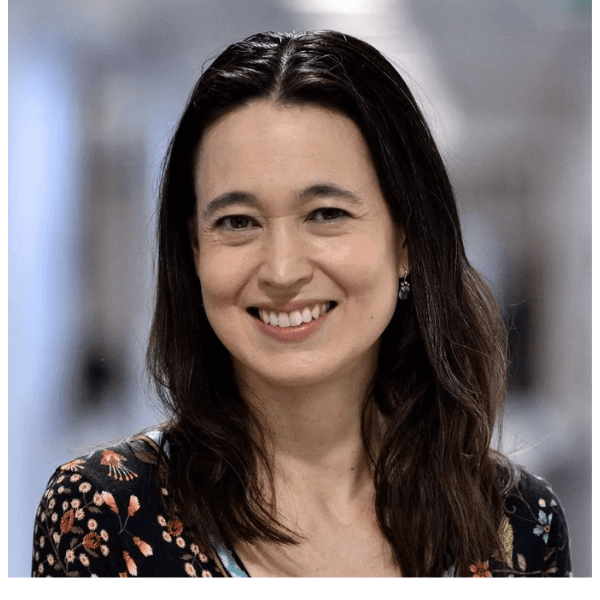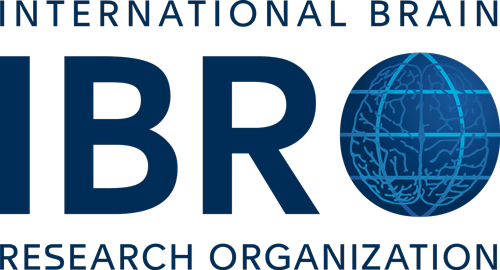Watch the recording
Recognising and mitigating bias in selection
How to address bias in processes for recruitment and career progression
Bias—whether conscious or unconscious—affects critical decisions in hiring, promotions, grants, and other areas of academic life, perpetuating inequality in academia. For underrepresented individuals in science and academia, career progression can be a very different experience. This workshop will explore how biases influence decision-making and encourage participants to examine their definition of scientific excellence. Participants will learn actionable strategies to prevent gatekeeping and mitigate bias in evaluation processes by providing a different perspective on evaluation criteria. Beyond unconscious bias training, the session will clarify the notions of equity vs. equality and equip attendees with tools to challenge systemic barriers and transform evaluation processes.
Programme
Times are in CEST
3:00-3:10 pm: Welcome and Introduction by Dr Miguel Maravall (University of Sussex, UK - Chair of the ALBA Declaration Working Group)
3:10-3:40 pm: Cognitive Biases, what they are and aren’t by Camille Morvan
3:50-4:05 pm: Examples of concrete actions to make selection processes more inclusive in neuroscience - Discussion between Camille Morvan & Laura Andreae
4:15-4:50 pm: Breakout rooms session - Finding concrete solutions to issues related to bias in selection brought on by participants
4:50-5:00 pm: Wrap-up and Conclusion by Camille Morvan and Miguel Maravall
Expert: Camille Morvan
 Dr Camille Morvan is an entrepeneur and an expert in Cognitive Science, Cognitive Biaises, Cognitive Games, Retention, Behavioral Science, Nudges and Decision Making.
Dr Camille Morvan is an entrepeneur and an expert in Cognitive Science, Cognitive Biaises, Cognitive Games, Retention, Behavioral Science, Nudges and Decision Making.
After a prestigious career in research (Harvard, New York University, ENS Ulm, Sorbonne Université), Camille founded Goshaba, an HR tech company that leverages cognitive science and video game to evaluate talents' potential, to introduce social justice and diversity in recruiting.
She will be leading this workshop.
Lived experience speaker: Laura Andreae
 Professor Laura Andreae is Professor of Developmental Neuroscience at King’s College London and group leader at Centre for Developmental Neurobiology and MRC Centre for Neurodevelopmental Disorders. Her research work focuses on the circuit formation in neurodevelopmental disorder.
Professor Laura Andreae is Professor of Developmental Neuroscience at King’s College London and group leader at Centre for Developmental Neurobiology and MRC Centre for Neurodevelopmental Disorders. Her research work focuses on the circuit formation in neurodevelopmental disorder.
Laura played a pivotal work in establishing ALBA and developing the ALBA Declaration on Equity and Inclusion. As chair of the Network in 2022–2023, she has contributed to initiatives such as travel grants for those in low-income countries, and diversity training. Her position in SfN’s Diversity and Inclusion working group 2020–22 also enhanced speaker diversity at SfN events. She was instrumental in creating the British Neuroscience Association’s Scholars Program which provides mentorship, networking opportunities, and financial support to students and early-career researchers from underrepresented ethnic groups.
Her dedication to equity in neuroscience was crowned in 2024, when she was awarded the Louise Hanson Marshall Special Recognition Award by the Society for Neuroscience.
From Declaration to action workshop series
The ALBA Declaration on Equity and Inclusion serves as a vital call to action within the neuroscience community, yet feedback, gathered through a survey sent to all Declaration organisational signatories, indicates a pressing need to make these goals more accessible and actionable. To address this, we are launching a three-part webinar series designed in a workshop format to provide practical guidance on implementing these principles in daily practices. Each webinar will feature experts with hands-on experience in action items listed in the Declaration. More
Declaration action points covered
This workshop is related to the Declaration action points listed below. The aim of the workshop is therefore to help attendees understand why these points are needed, how they are interconnected and how to practically undertake them.
PART 1 - We are all biased. What can we do?
- Commit to recognizing & counteracting bias
Raise awareness. Provide unconscious bias training - Allyship & advocacy
Nominate individuals from diverse backgrounds for prestigious events, awards, & recognition - Selection, hiring, and assessment
- Proactively solicit applications from underrepresented groups
- Ensure balanced committee representation to minimize biased gatekeeping
This workshop is part of the ALBA-IBRO 'From Declaration to action' series and organised with the support of the International Brain Research Organization, a founding partner of the ALBA Network.



